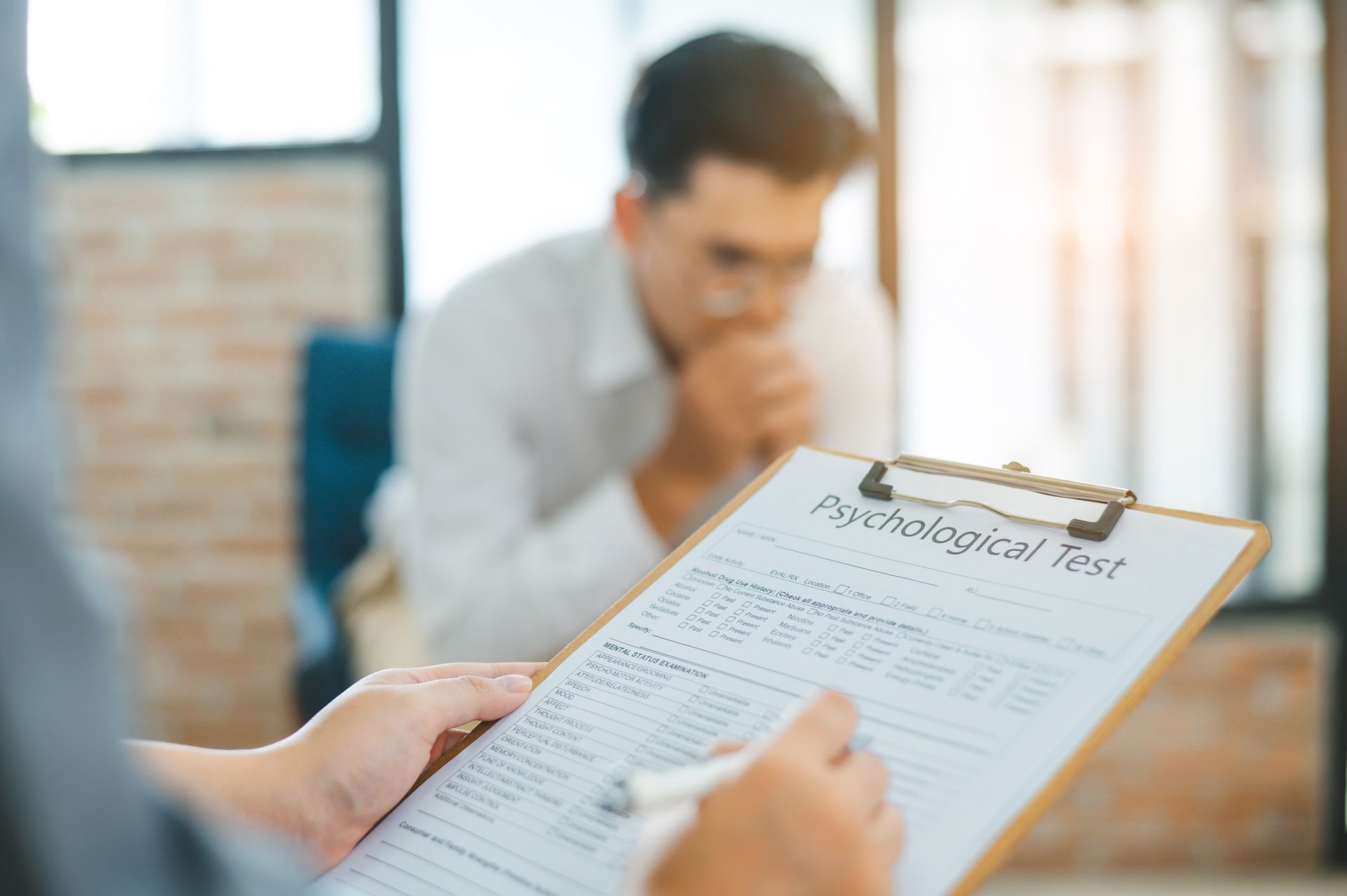The Role of Peer Support in Mental Health Recovery
Mental health recovery is a deeply personal journey, often marked by challenges that can feel overwhelming and isolating. However, one of the most powerful resources in this journey can come not from professionals, but from peers—individuals who have walked similar paths and can offer unique empathy, encouragement, and practical insights. At Vital Psych MD, we understand the transformative role that peer support plays in fostering hope, resilience, and lasting recovery.
Understanding Peer Support in Mental Health
Peer support involves individuals with lived experience of mental health challenges providing emotional, social, and practical help to others facing similar struggles. Unlike traditional clinical care, peer support is characterized by mutual understanding and respect, grounded in shared experiences. This approach can take many forms, including support groups, peer-led programs, and online communities.
The Benefits of Peer Support Networks
Connecting with others who have faced similar mental health challenges brings a range of benefits that extend beyond traditional therapy or medication. Peer support networks foster a sense of belonging and acceptance, reducing feelings of isolation and stigma that often accompany mental illness.
Empathy and Shared Understanding
One of the most profound aspects of peer support is the empathy that comes from shared experience. Peers can relate to the unique struggles and triumphs of recovery, providing validation and understanding that can be difficult to find elsewhere. This mutual empathy promotes trust and openness, allowing individuals to share their stories without fear of judgment.
Encouragement and Motivation
Recovery is not a linear process; setbacks and obstacles are common. Peer supporters offer encouragement rooted in their own recovery journeys, serving as living proof that improvement is possible. This hope can be a powerful motivator for individuals to stay engaged in their treatment and self-care practices.
Practical Insights and Problem-Solving
Peers often share practical advice that is informed by real-world experience. Whether it’s navigating the healthcare system, managing daily stressors, or coping with side effects, peer supporters can offer strategies that complement professional guidance. Peer support interventions contribute to increased engagement in care and reduced hospitalizations, demonstrating their tangible impact on recovery outcomes.
Evidence-Based Impact of Peer Support
The growing body of research on peer support underscores its effectiveness in mental health recovery. Peer support services are associated with improved quality of life, increased empowerment, and enhanced social functioning for individuals with serious mental illnesses.
Moreover, peer support not only benefits individuals in recovery but also contributes to greater satisfaction and engagement within healthcare systems. These outcomes highlight the critical role that peer support can play in complementing traditional mental health services.
Building and Accessing Peer Support Networks
Peer support can take many forms, making it accessible to a wide range of individuals. In-person support groups, often hosted by community organizations or mental health clinics, provide safe spaces for sharing and connection. Online forums and virtual groups offer flexibility and anonymity for those who may be hesitant to participate in face-to-face settings.
At Vital Psych MD, we encourage our patients to explore both local and national resources to find the right fit for their needs. We also integrate peer perspectives into our treatment philosophy, recognizing that healing happens in the community as much as in the clinic.
Overcoming Barriers to Peer Support
While the benefits of peer support are well-documented, some individuals may face barriers to participation. Stigma, lack of awareness, and concerns about privacy can all impede access. It is important to remember that peer support is voluntary and confidential, with most programs adhering to strict standards of privacy and respect.
For those who feel hesitant, starting with online communities or one-on-one peer mentorship may provide a gentler introduction. Mental health professionals can also help identify reputable peer support options that align with individual preferences and needs.
Integrating Peer Support with Professional Care
Peer support is not a substitute for professional mental health care, but rather a valuable complement. At Vital Psych MD, we advocate for a holistic approach that combines evidence-based psychiatric treatment with the lived experience and support of peers. This integrated model promotes resilience, self-efficacy, and a stronger sense of agency in the recovery process.
If you’re interested in learning more about how peer support can enhance your mental health journey, our clinical team is here to guide you toward resources and programs that fit your unique needs.
Taking the Next Step Toward Recovery
Recovery is possible, and no one should have to walk the path alone. By connecting with others who understand, sharing stories, and supporting each other through challenges, peer support networks offer hope and practical help on the road to mental wellness.
For more information about mental health recovery and supportive resources, visit our blog or
contact us. Your journey matters, and together, we can build a community of strength, understanding, and healing.











